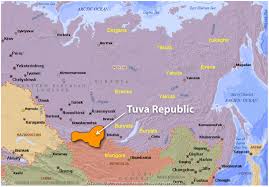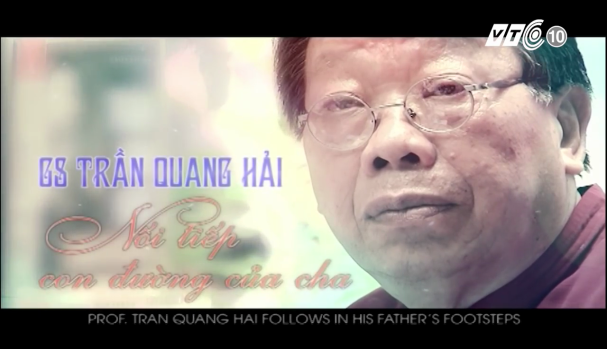Post-Soviet Tuvan Throat-Singing (Xöömei)and the Circulation of Nomadic Sensibility By Robert Oliver Beahrs
A dissertation submitted in partial satisfaction of the requirements for the degree of Doctor of Philosophy inMusici n the Graduate Division of the University of California, Berkeley
Committee in charge: Professor Benjamin Brinner, Chair
Professor Bonnie Wade , Professor Alexei Yurchak, Professor Theodore Levin
Fall 2014



Abstract
Post-Soviet TuvanThroat-Singing (Xöömei)and the C
irculation of NomadicSensibility byRobert Oliver Beahrs Doctor of Philosophy in MusicUniversity of California, Berkeley Professor Benjamin Brinner, Chair
Guttural singing practices in the Sayan-Altai region of south-central Siberia have been historically framed as possessing “nomadic” qualities linked with pastoral population groups indigenous to the region. As these singing practices were incorporated into a genre of national folk music for Tannu Tuva (1921-1944) and the Tuvan Autonomous Soviet Socialist Republic (1961-1991)—and then later reformulated as the center piece of an exotic genre of world music—xöömei throat-singing was shaped by contradictory attitudes towards its purportedly nomadiccharacteristics, which have been essentialized at various times, for multiple reasons, by local and global actors and interest groups.
In the post-Soviet era, xöömeizhi(master throat-singers) from the Tuva Republic (now part of Russia) express a revitalized nomadic sensibility through xöömei singing practices, which has come to operate both as an ideology and a disposition for Tuvan traditional music. Drawing on a selective use of history, cultural memory, and natural environments, post-Soviet xöömeizhi construct a nomadic sensibility that is embodied in music and sound-making activities, foregrounded in intercultural exchanges, and circulated as a social disposition.
To Mom, Dad,and Matt
In Memoriam Katherine Hagedorn (1961-2013) and Kongar-ool Ondar (1962-2013)
http://digitalassets.lib.berkeley.edu/etd/ucb/text/Beahrs_berkeley_0028E_14611.pdf

